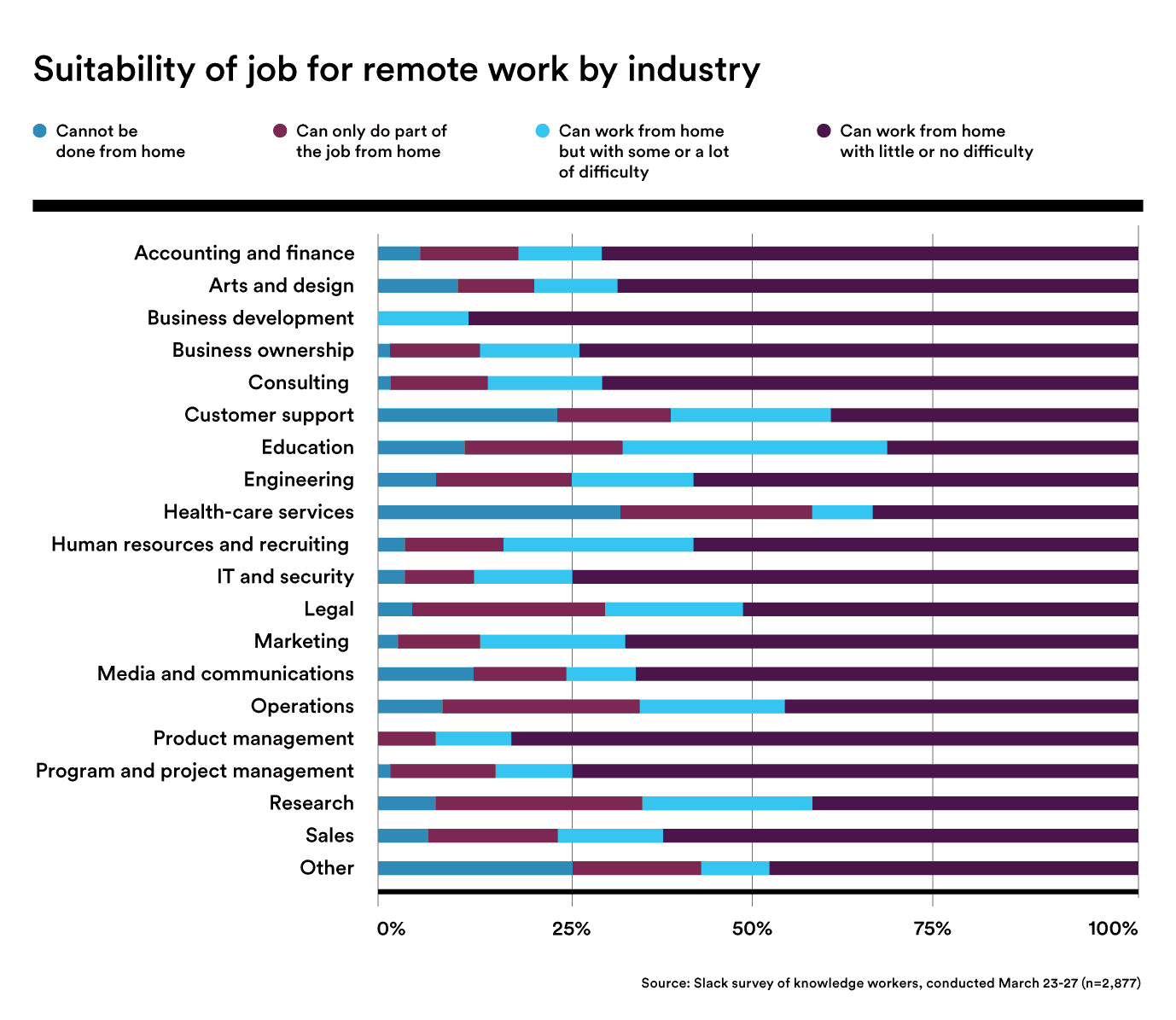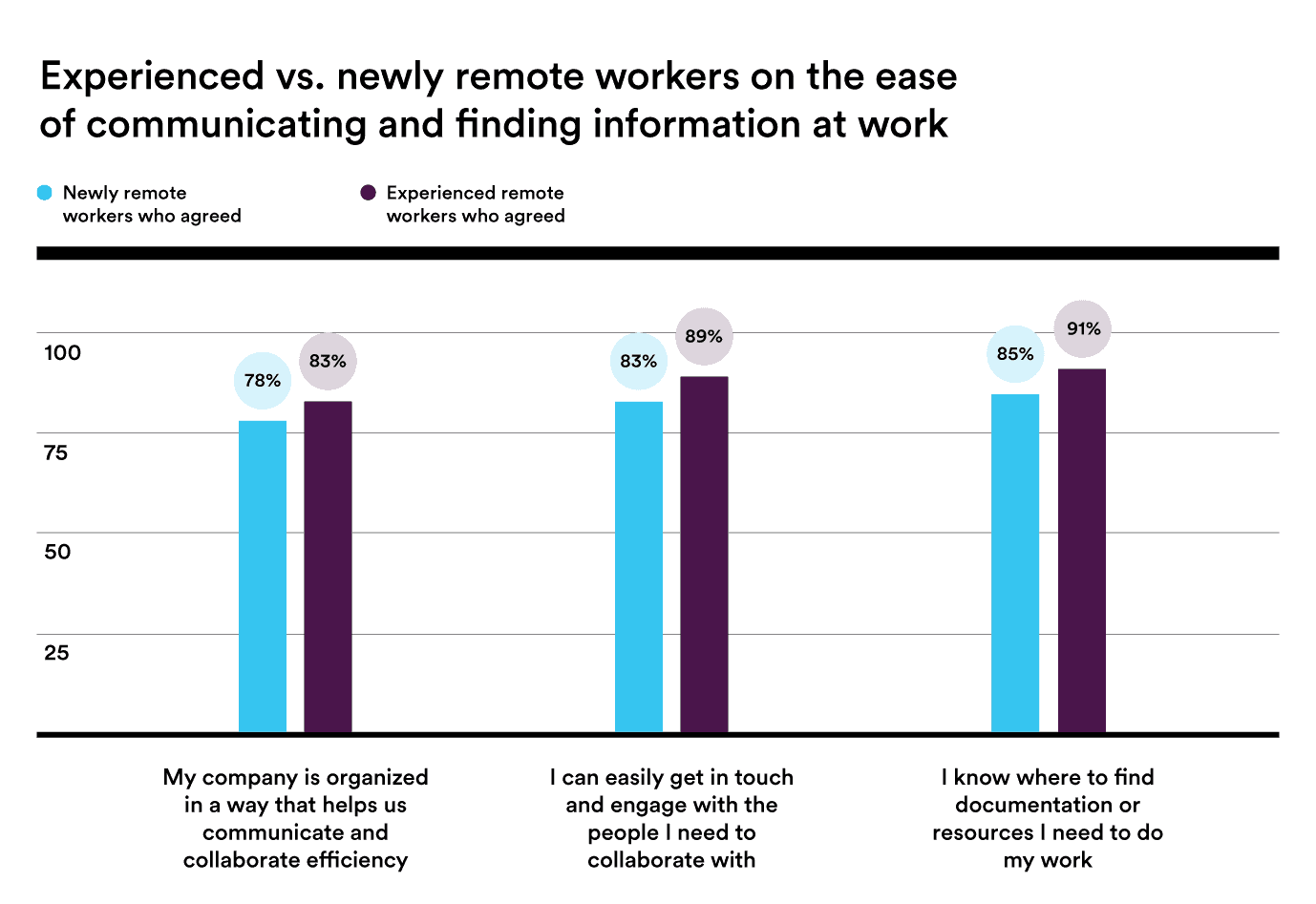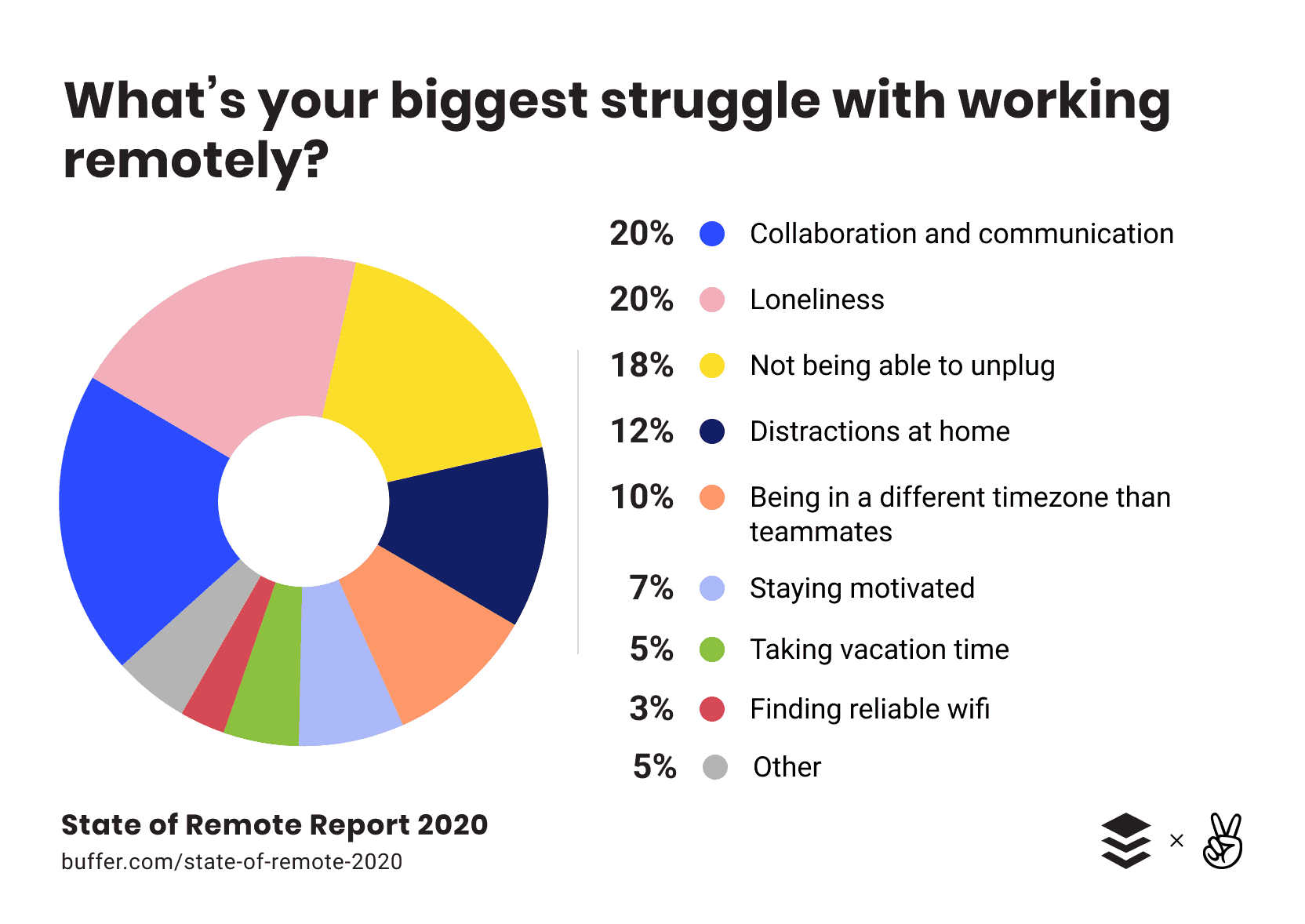7 Essential Tips for Effectively Managing a Remote Team During a Crisis

Most companies have asked their employees to work remotely in an attempt to slow down the spread of COVID-19 and protect the health and safety of their people. While this shift opens up a set of challenges for leaders to stay connected with their newly remote workforce, this also creates an opportunity to revisit the old company handbook and check for rules and policies that need changing.

According to a study by Stanford University, the productivity increase among remote workers is equivalent to an extra day per person in a week. In fact, remote workers are also less likely to burn out because of the familiar environment they are in. Some leaders may find it difficult to come to grips with this work scenario, seeing as they may feel like they have no control over the situation or even find that gaining their remote team’s trust can be a bit tough. However, this setting might just be the future of the workplace, and leaders need to adapt to make the situation feasible and effective, and will not compromise quality output at all. Here are some best practices for companies to embrace as they transition to and manage a remote workforce during a crisis.
Establish a Remote Leadership Team
Shifting to remote work can trigger a shockwave of change. Start off by having an assessment of current managers and then rallying a team of experts who have experience in remote work to help alleviate the impact of the transition. This group should serve as a “source of truth” to employees who may have questions about the changes. Also, part of this initiative is to document challenges in real time and assign directly responsible individuals to come up with solutions in a transparent way, thus involving other people in terms of information dissemination.
Have Reliable Tools
First things first, your remote team cannot accomplish anything if they do not have access to the right tools. And if they cannot download files, or if they are having trouble with Internet stability, you have already failed to address the basics. Invest in reliable tools to enable collaboration and teamwork in a remote setting, and to improve clear processes to make the most of these equipment and software. Digital tools like Slack, Google Hangouts, or Microsoft Teams can help your team stay in constant communication and schedule virtual meetings to prevent information from being buried in an email chain.
Set Clear Expectations
Managers and leaders need to be explicit with regards to their expectations of their remote team. Deadlines, parameters, and key metrics must be crystal clear—even their personal feelings. If you need weekly progress reports or prompt replies to emails, you must say so and hold your team accountable. Make sure you constantly inform them of what needs to be done on a weekly basis. The more prepared they are, the better they can accomplish their duties.
Create a Communication Strategy
Communication and collaboration are just two of the biggest challenges of remote work. Streamlining communication channels and work processes is critical to avoid a decrease in employee productivity. Create templates and protocols around communication to steer clear of information overload and bridge communication gaps among your remote staff. Maintaining a team calendar and organizing daily or weekly huddles on a fixed schedule thru videoconferencing will make it easy for your team members to be in the loop and on top of things. Remember: you can always give people a little nudge if they have gone silent for quite some time. Let your team know that you are there to lend an ear should they encounter any work-related or personal issues.

Source: Remote Work in the Age of COVID-19, Slack, April 21, 2020
Stay Focused on Goals
Make sure to set realistic goals for your team so they can prioritize their workload and achieve their targets. Track performance metrics using advanced analytics to make sure your business is not flying blind as the situation evolves. This approach consolidates data and makes it a lot easier to track the efficiency of all measures you have been taking to reinforce remote work. With the help of analytics, it will be less problematic to respond to situations and easier to plan for the future and hit goals.
Revisit your Mission, Values, Outcomes and Roles
As mentioned above, overcommunication is critical but you do not want to freeze your remote team out of regular office interaction. Help them get aligned with your mission as an organization and the values that truly matter. Remind them constantly of the outcomes they love delivering to important stakeholders and the vital role that they play to make success more achievable. This will keep them motivated and productive even while working away from the office.
Trust Your Team
Trust is a key ingredient for teams to work effectively together. When trust is high within a team, everyone feels inspired, communication flows easily, and people are given a safe space to speak up. There is also a real sense of shared purpose and commitment. Otherwise, the team culture breeds cynicism, conflict, micromanagement, and low morale. Moreover, trust your team to make decisions. Welcome questions, give them as much direction as time and circumstance allow, and let them know that you trust them.

Source: 10 Technology Trends to Watch in the COVID-19 Pandemic, The European Sting, April 27, 2020
Managing your remote workforce effectively requires an approach recalibrated to fit every individual. Remote work takes getting used to, but if you practice great communication and embrace collaboration, trust will undoubtedly follow and carry over even beyond the crisis. Empathize and show them your appreciation. Nothing has a greater long-term impact on a business than a hardworking team and a highly committed leader—no matter where they work and how big a crisis is.
Discover more about outsourcing and
how you can maximize it for your
business success!
Get a copy of our E-book: Guide to Outsourcing.



